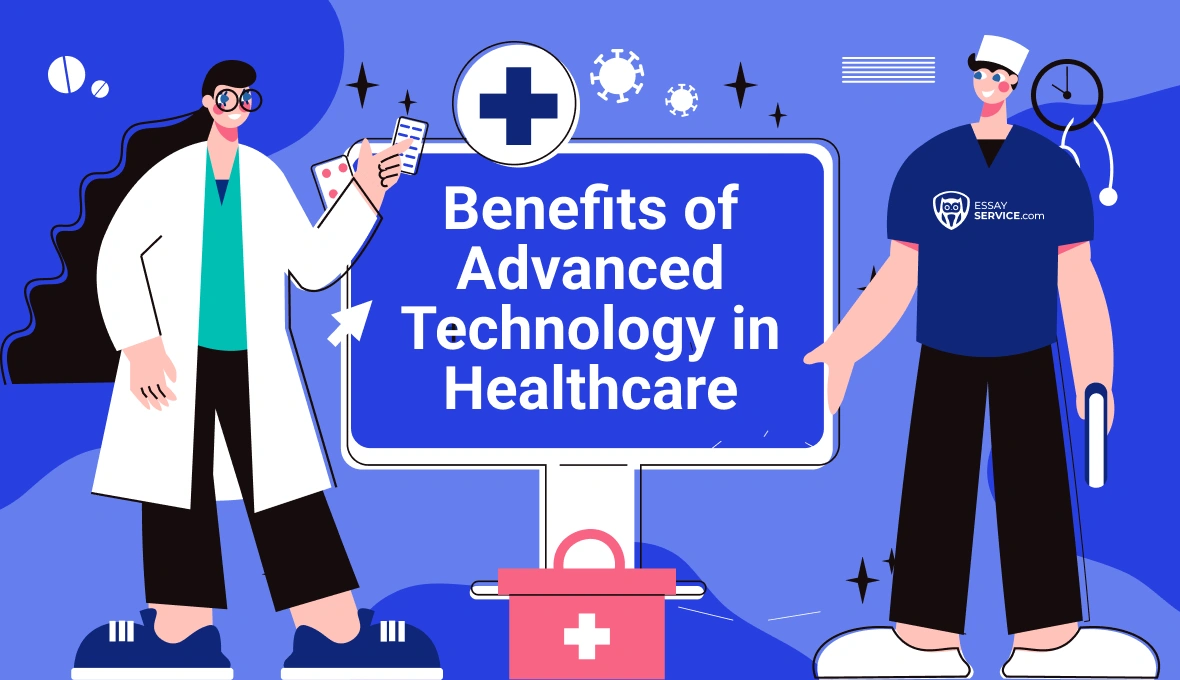In today’s digital age, online health communities (OHCs) have become a vital resource for patients and healthcare seekers. These platforms offer a wealth of information, support, and engagement that can significantly improve the quality of life for individuals dealing with various health conditions and diseases. Whether you are looking for free online health communities, health and wellness groups, or specific platforms like WebMD and PatientsLikeMe, these online communities provide a safe space for people to share their experiences, seek advice, and find support.
What Are Online Health Communities?
Online health communities (OHCs) are virtual platforms where patients and healthcare providers come together to discuss health-related topics. These communities offer a range of services, from providing health information and support to facilitating engagement and connection among members. They are particularly important for individuals dealing with chronic diseases, mental health issues, and other health conditions that can be isolating.
The Benefits of Online Health Communities
- Access to Information: Online health communities offer a vast amount of information on various health topics. Patients can find articles, research studies, and personal stories that help them better understand their conditions. For example, a 2023 study cited in the Journal of Medical Internet Research found that OHCs significantly improve patients’ knowledge and awareness of their health issues.
- Support and Engagement: One of the most significant benefits of OHCs is the support they provide. Members can connect with others who are facing similar challenges, which can be incredibly comforting and empowering. A 2021 study cited by Zhang found that engagement in OHCs can lead to better mental health outcomes and a sense of community.
- Patient Empowerment: OHCs empower patients by giving them a voice and a platform to share their experiences. This can help them make more informed decisions about their healthcare. For instance, a 2023 study cited in PLOS Medicine highlighted how patient communities contribute to health equity by providing resources and support to underserved populations.
- Convenience and Accessibility: Online health communities are accessible from anywhere with an internet connection, making them a convenient resource for people who may not have access to local support groups. This is especially beneficial for those living in remote areas or with mobility issues.
Types of Online Health Communities
- Free Online Health Communities: Many OHCs are free to join, making them accessible to a wide range of patients. Examples include Health Union, WebMD, and PatientsLikeMe. These platforms offer a variety of resources, from discussion forums to expert advice.
- Health and Wellness Groups: These groups focus on overall health and wellness, providing tips on nutrition, exercise, and mental health. They are particularly useful for individuals looking to improve their general well-being.
- Social Health Networks: Social health networks like HealthUnlocked and MyHealthTeams combine the features of social media with health-specific content. These platforms allow users to connect with others, share their stories, and access a wealth of health information.
How Online Health Communities Help
- Providing Health Information: OHCs offer a wealth of health information, from articles and blog posts to expert advice and user-generated content. This information can help patients make informed decisions about their health and treatment options.
- Facilitating Engagement: Engagement is a key aspect of OHCs. Members can participate in discussions, ask questions, and share their experiences. This interaction can lead to a sense of belonging and support, which is crucial for mental health.
- Supporting Chronic Disease Management: For individuals with chronic diseases, OHCs can be a lifeline. These communities provide ongoing support and resources that can help patients manage their conditions more effectively. A 2023 study cited in MedicalChronicle found that OHCs can improve adherence to treatment plans and reduce hospital readmissions.
- Enhancing Health Equity: OHCs play a crucial role in promoting health equity by providing resources and support to underserved populations. A 2024 study cited in PLOS Medicine highlighted how OHCs can bridge the gap in healthcare access and improve outcomes for marginalized communities.
The Role of Moderators
Moderators are essential in maintaining the quality and safety of online health communities. They ensure that the information shared is accurate and that the community remains a positive and supportive environment. Moderators can also facilitate discussions and provide guidance to members.
Conclusion
Online health communities (OHCs) are a valuable resource for patients and healthcare seekers. They offer a wealth of information, support, and engagement that can significantly improve the quality of life for individuals dealing with various health conditions. Whether you are looking for free online health communities, health and wellness groups, or social health networks, these platforms provide a safe and supportive space for people to connect, share, and learn. By leveraging the power of OHCs, patients can gain a better understanding of their health, find the support they need, and take control of their well-being.

